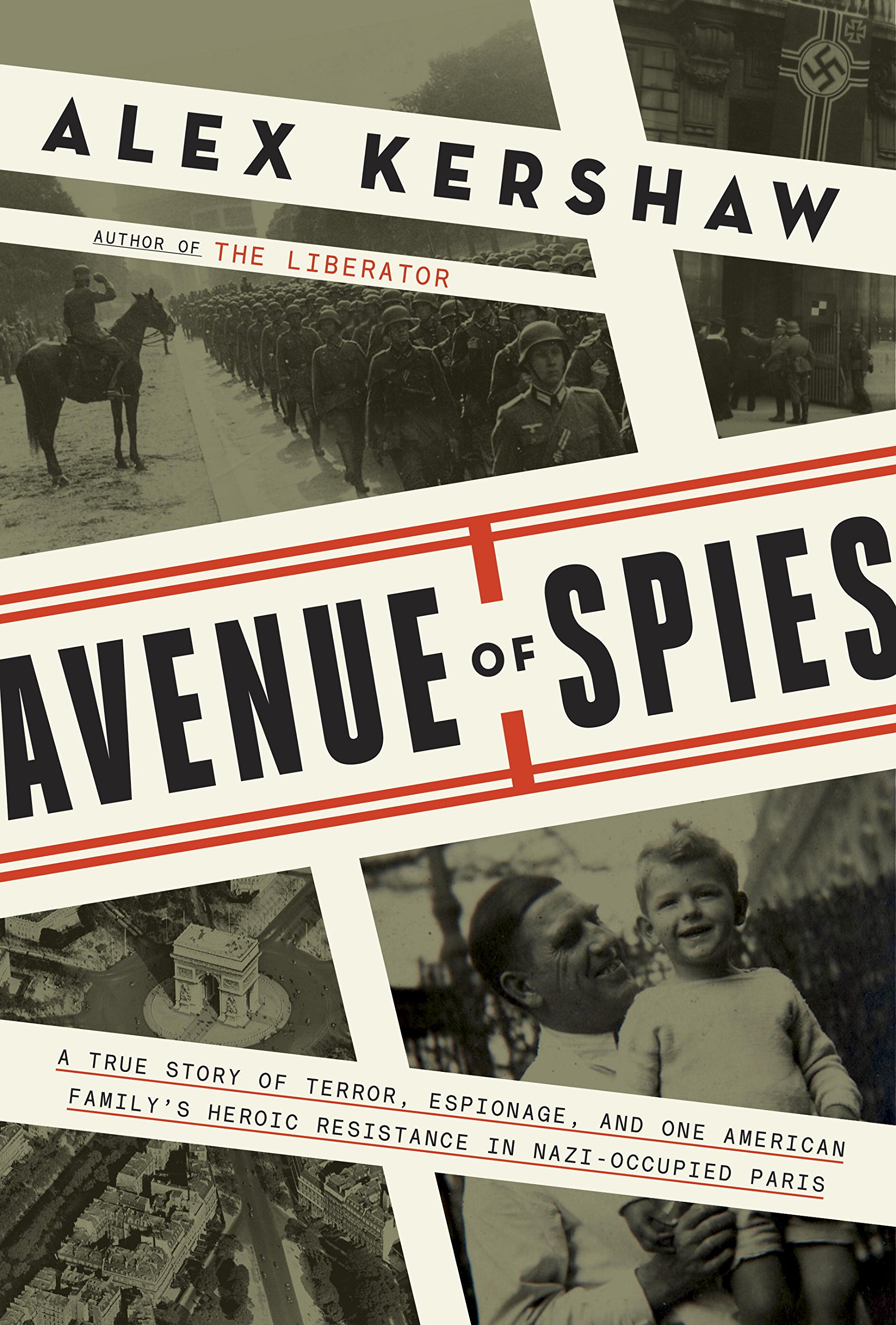 |
| Another pedophile priest, another failure to follow secular law |
They just don't get, do they.
The Chicago Archdiocese, in line with dictates from the Vatican, instituted all sorts of safeguards after the child sex abuse scandal exposed the inner workings that were designed to protect the Church. It was the practice, before public outcry stopped it, to shift a pedophile priest from one parish to another, after exacting his promise to stop being a pervert. And when the priest reverted to form, it was off to yet another parish, to destroy the lives of other children while the Church busily swept the dirt under the rug.
Zero tolerance was supposed to become the rule, or at least that was what was put out there for public consumption. We won't tolerate un-priestly behavior, have no fear, so come on back to church and don't worry about leaving your young sons in the company of the priest. There's no more of that other funny business going on.
Okay, so the Chicago Archdiocese didn't take Octavio Munoz from his parish and assign him elsewhere after someone found child pornography on his computer. No indeed, they did what they were supposed to do and turned him over to the authorities.
And miracles happen every day, right.
Father Munoz wasn't turned over to the police, along with his porn-riddled computer. Hell no. This is the Catholic Church. They can handle these problems in house. No need to seek outside assistance. Move along. And don't forget to drop your donation in the basket.
It isn't such a crime that the Archdiocese conducted an investigation after the initial complaint was lodged. No employer would act in haste without first gathering some evidence that an employee had committed a crime. Just because someone says they saw something isn't positive proof, and any boss would first call in the employee to have a talk about the accusation.
After all, confession is good for the soul.
So the Archdiocese launched a little investigation and couldn't find the offending laptop, but they did manage to find plenty of other items of interest. The investigators contacted the Chicago police. The Archdiocese sent Father Munoz to Maryland for treatment.
And forgot to tell the Chicago police who were conducting their own crime investigation that the perp was out of state.
It's Church business. The Church can handle it.
Except it isn't just Church business, it's everyone's business. It isn't up to the Archdiocese to send a priest for counseling after he has been found to have a serious problem with pedophilia, even if that priest is a star in the recruiting arm of the Church. Good for Father Munoz, that he was so skilled at attracting Hispanic men to the priesthood. But did he attract more pedophiles like himself? Anyone investigating that?
All the Archdiocese had to do was ask the Chicago P.D. if Father Munoz could be sent to a secure facility in Maryland where priests are routinely sent when they have mental health issues. It wasn't enough that the Church authorities followed the letter of the law and notified the police that they had uncovered a pedophile in the ranks. The Church couldn't just do what it wanted, as if there was no secular law governing treatment of suspected pedophiles currently under investigation.
The cops like to know where the perps are, and the Archdiocese was wrong to not follow the spirit of the law and cooperate fully with the police.
They just don't get it. The Church is so insular, so isolated from the rest of the world that changing its ways to conform to modern society isn't happening fast enough to keep the Church from killing itself in an atmosphere of detachment and irrelevance.
You know what they say about that which was hidden being revealed? Hypocrisy was
the leaven of the Pharisees, and it's deadly when it infects an institution.



